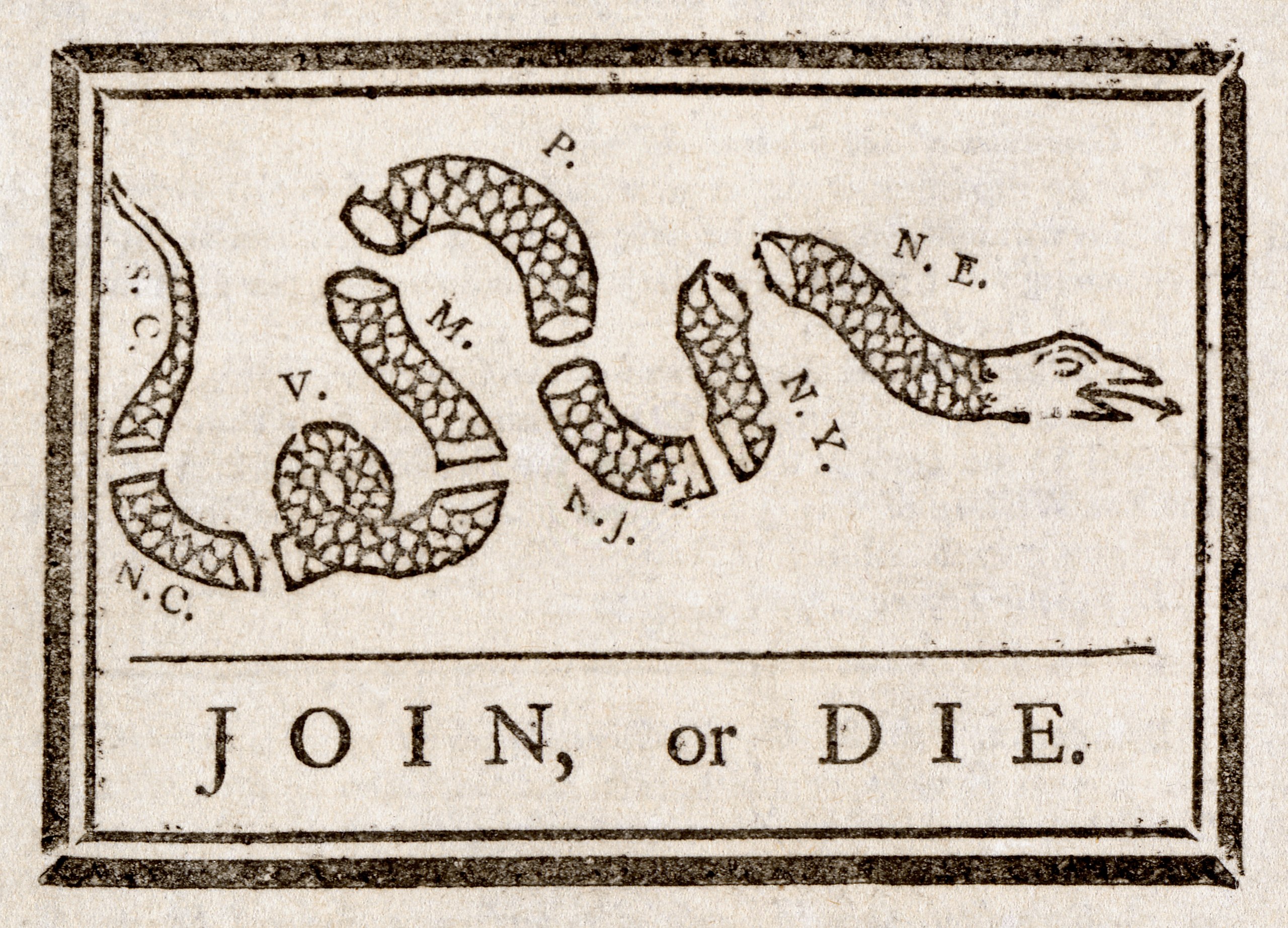
*Portrait of Franklin around 1748.*
(1706-1790) American scientist, author, and statesman. Born in [[Dan's History Web/US 1/Topic Index/Boston]], into a family with seventeen children, Franklin worked as an apprentice for his older brother James, who published the *New England Courant*. When he was denied a chance to write an article, young Benjamin began contributing a series of letters to the editor, pretending to be an old widow named Silence Dogood. When his brother got in trouble with the Boston authorities for publishing "scandalous libel", Benjamin briefly ran the paper for him while James spent a month in jail. Then he ran away to Philadelphia, breaking his indenture and becoming a fugitive.
From 1723 to 1726, Franklin lived in London and continued learning the printing trade. Returning to Philadelphia in 1727, he formed a Leather Apron Club of tradesmen, also called the [Junto](https://en.wikipedia.org/wiki/Junto_\(club\)), and they began sharing books that interested them. This led to the chartering of the [Library Company of Philadelphia](https://en.wikipedia.org/wiki/Library_Company_of_Philadelphia) by Franklin in 1731. By then, Franklin was not only publishing his own newspaper, _[The Pennsylvania Gazette](https://en.wikipedia.org/wiki/Pennsylvania_Gazette)_ (est. 1729), but was planning the first German-language newspaper in America, _Die Philadelphische Zeitung_. In 1732 Franklin began to publish *Poor Richard's Almanack*, which became one of his most beloved productions.
With a successful career as a publisher of news and almanacs, Franklin became a leader in [[Dan's History Web/US 1/Notes to Fill/Philadelphia]] intellectual and political circles. Some examples of his projects included the [Union Fire Company](https://en.wikipedia.org/wiki/Union_Fire_Company "Union Fire Company") he created in 1736, the [American Philosophical Society](https://en.wikipedia.org/wiki/American_Philosophical_Society) in 1743, and in 1751 [Pennsylvania Hospital](https://en.wikipedia.org/wiki/Pennsylvania_Hospital) and the [College of Philadelphia](https://en.wikipedia.org/wiki/Academy_and_College_of_Philadelphia). In 1754 Franklin headed the Pennsylvania delegation at the [Albany Congress](https://en.wikipedia.org/wiki/Albany_Congress) and proposed a [[Albany Plan of Union|Plan of Union]] to create a federated government for the colonies. Retiring from personal management of his printing business in 1747, Franklin became increasingly prominent in continental politics.

*Originally published in 1754, Franklin's cartoon became an iconic symbol of the Revolution two decades later.*
In 1757 Franklin went back to London for five years as a representative of the Pennsylvania Assembly, to protest the continuing power of the heirs of [[Dan's History Web/US 1/Topic Index/William Penn]] in the affairs of the colony. Franklin would spend long stretches of time in England over the next decades and as a prominent Englishman from the colonies, he was invited to join the [Royal Society](https://royalsociety.org/), the [Lunar Society](https://en.wikipedia.org/wiki/Lunar_Society_of_Birmingham), and received honorary doctorates from the University of St. Andrews and from Oxford.
Franklin contributed greatly to the [[American Revolution]] and later to the process that resulted in the [[US Constitution]]. From 1776 to 1785, he was the colonies' ambassador to France (officially "commissioner"). While in England, he had suggested to a young writer named [[Thomas Paine]] that Philadelphia might have a use for his talents. When he returned to America, he was hailed as perhaps the most famous champion of American independence after [[[George Washington|Washington]]. Franklin participated in the debates leading to the drafting of the Constitution and was the oldest delegate to sign it in 1878. After telling a bystander they had created "A republic, madam, if you can keep it", he retired from public life and was rarely seen. Franklin died in his Philadelphia home in April 1790.
Franklin had begun writing his memoirs around 1771 and continued until his death. They were published in 1793 as [The Private Life of the Late Benjamin Franklin, LL.D](https://archive.org/details/isbn_9781170994269/page/n7/mode/2up)., simultaneously in English and French.*
